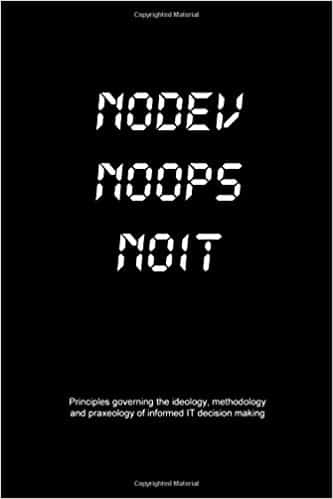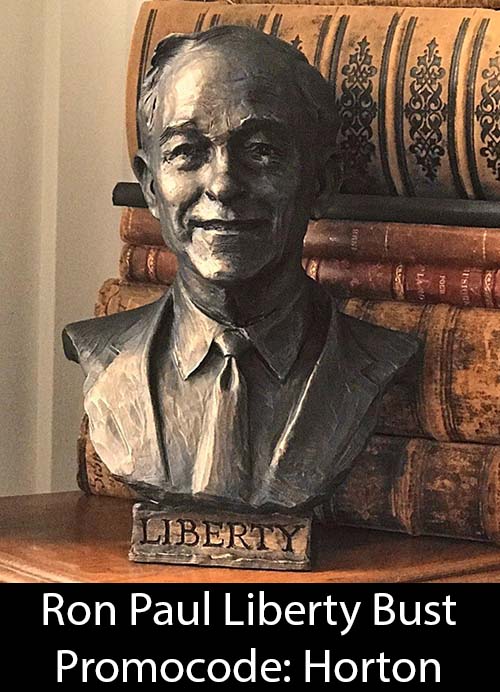The Stewart case, in which the Injustice Dept. brought charges against a civil rights lawyer for passing on press releases from her client to the media, was designed to have a chilling effect on efforts to defend those the US government deems to be its enemies.
Stewart’s client (Sheikh Omar Abdel-Rahman) is behind bars in Egypt. Stewart describes him as being so sensory-deprived (because of age) that he is, for all practical purposes, hallucinatory. She passed on a statement from him to his followers, which basically said “re-think the cease-fire” with the Egyptian government. She was charged by Ashcroft with helping and conspiring to help the bad guys.
The precise wording of the Rahman statement is as follows: “I [Omar Abdel-Rahman] am not withdrawing my support of the cease-fire, I am merely questioning it and I am urging you, who are on the ground there to discuss it and to include everyone in your discussions as we always have done.”
The National Lawyers Guild stated “the government is hoping that lawyers will now think twice beforerepresenting clients with unpopular views or related to unpopular causes.” The case raises questions about the Injustice Dept.’s interpretation of its vast powers in the anti-terrorism area. If Stewart is guilty of aiding terrorists by releasing a statement, then isn’t Reuters guilty as well, for publishing the statement? Further, the US government broke attorney-client privilege laws by using wiretaps and hidden cameras to gather evidence against her.
Wikipedia notes “Rifai Taha, a militant terrorist in Egypt who was associated with Osama bin Laden, viewed the press release as support of Taha’s desire to return the Islamic Group to violence.” But how can Stewart be held accountable for how someone views a document? How can any of us know how anyone will view anything? Let’s say that Rahman’s statement wasn’t so neutral. Let’s say, instead, that Rahman had said “I want everyone in Cairo dead, to the last man, woman and child, and I want them all dead right now”. Common sense suggests that Rahman’s followers would then carry out acts of violence to comply with Rahman’s wishes. But what if they didn’t? What if they merely laughed at the statement? In a legal sense, only the act matters, or that’s all that should matter. Whether Rahman’s followers commit violent acts because he tells them to or not, the acts are what count. We cannot write laws based on who-told-whom-to-do-what; connecting violent crimes with distant “instigators” is foolhardy. The fact is that the man who commits the violence has a choice: to refuse to comply with his instigator’s instructions.
IMPORTANT NOTE: Before anyone chews off their fingernails worring about Stewart’s 28-month jail sentence, read this Stewart quote: “I don’t have any problem with Mao or Stalin or the Vietnamese leaders or certainly Fidel locking up people they see as dangerous. Because so often, dissidence has been used by the greater powers to undermine a people’s revolution.”
Blogged with Flock















